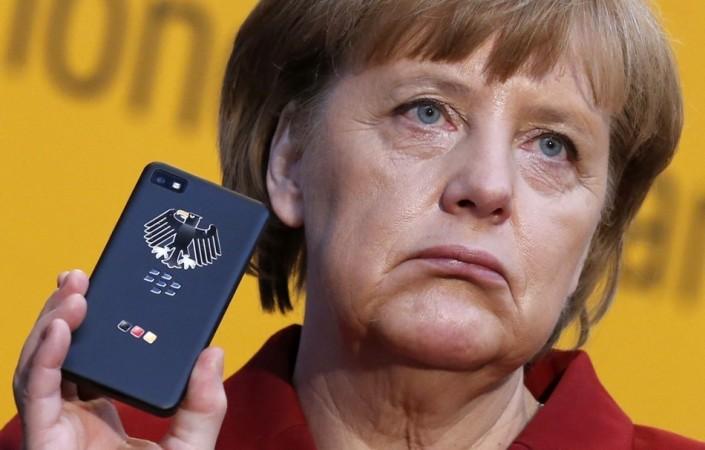
An employee of Germany's foreign intelligence service was on Friday arrested on suspicion of spying for the United States, media reports say.
Immediately after the federal prosecutors general confirmed about the arrest of the 31-year-old German, authorities summoned the US ambassador in Berlin for a "Swift clarification" on the matter, the foreign ministry said, according to BBC.
Authorities have released no other details on the incident.
The alleged double agent's arrest comes as the US-German ties have been strained after allegations last year that the US National Security Agency tapped Chancellor Angela Merkel's phone as part of a huge surveillance programme.
In what has been often referred to as one of the biggest exposes in modern times, the scale of the NSA's global and national spy programme was revealed by former intelligence contractor, Edward Snowden.
The arrested German has agreed that he had passed to an American, contact details about a special German parliamentary committee set up to investigate the spying revelation made by Snowden, two lawmakers with knowledge of the affair told Reuters.
The politicians, who are both the members of the nine-person parliamentary control committee, whose meetings and their details are kept classified, are also in charge of monitoring the work of German intelligence agencies.
The German Foreign Ministry said in a statement that it had summoned the US ambassador to come for talks regarding the matter and have asked him for an explanation.
"This was a man who had no direct contact with the investigative committee…He was not a top agency," an unnamed member of parliament told the news agency, adding that the suspect had also offered his services to the United States voluntarily.
After the revelations made by Snowden about US surveillance on Germany, Berlin had demanded that Washington agree to a "no-spy agreement", but the United States has been reluctant to do so.
"We don't take the matter of spying for foreign intelligence agencies lightly," Merkel's spokesman Steffen Seibert told Reuters.
There are no comments yet in the matter from the U.S. embassy in Berlin, the State Department in Washington and the White House.
















